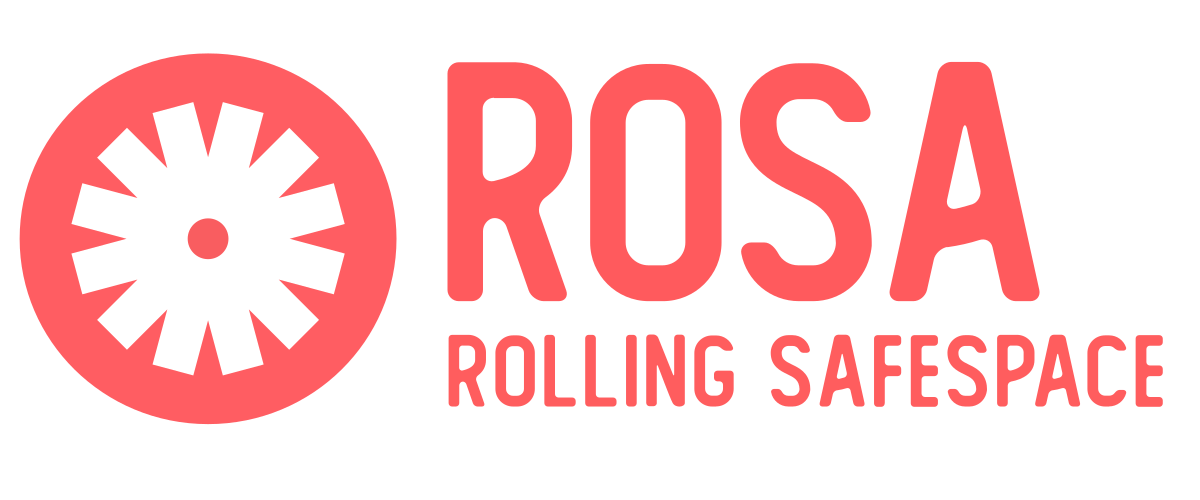ROSA e.V. bases its project on facts and figures and, in addition to direct humanitarian aid, aims to provide information about the situation at the European external borders and to draw attention to grievances. Below are some of the sources/references that we use and appreciate:
Human rights are the pre-state and egalitarian rights to which all human beings are entitled on the basis of human dignity. Human rights claim universal validity and are inalienable, indivisible, and interdependent. We demand that state and supranational authorities respect, protect and fulfill these rights – only then can they help to build more just societies and counteract discrimination. When interpreting human rights, it is also important that the diversity of people and cultures is taken into account.
For more information see: https://unric.org/de/allgemeine-erklaerung-menschenrechte/
‘The European Convention on Human Rights’ is a binding protection of fundamental rights under international law, in which the European states have committed themselves to recognise fundamental freedoms and human rights. It includes a ban on discrimination.
In 2019, 1% of the world’s population was displaced, almost half of whom were women (48%)
The Berlin Charité Study on is a representative study of refugee women in different federal states of Germany.
Women are exposed to gender-specific challenges when fleeing see e.g.:
- Susanne Binder and Jelena Tosic:
‘The project Round Table’ is a meeting place for institutions and individuals who take care of refugee women in Berlin and create an aid network that addresses the needs of refugee women and facilitates their integration process.
Physical activity has been proven to be an effective way to counteract stress, depression and anxiety; see e.g..
.
We will continuously fill this page with further information and sources …
